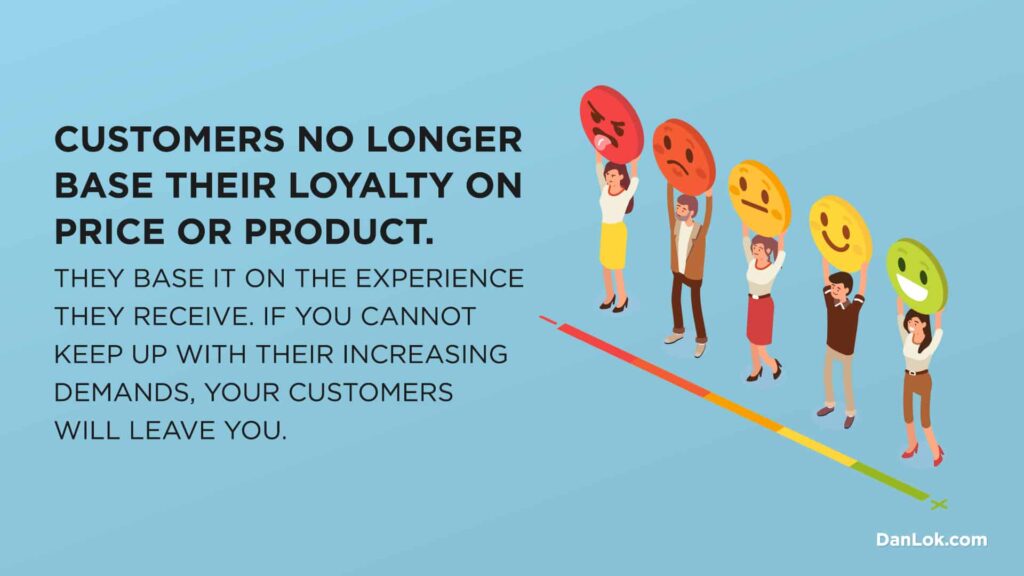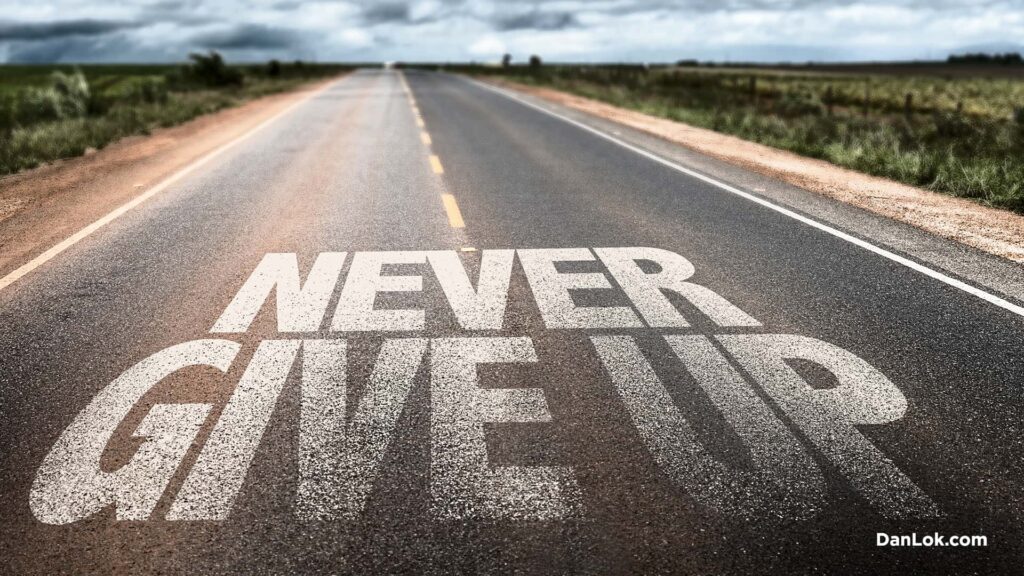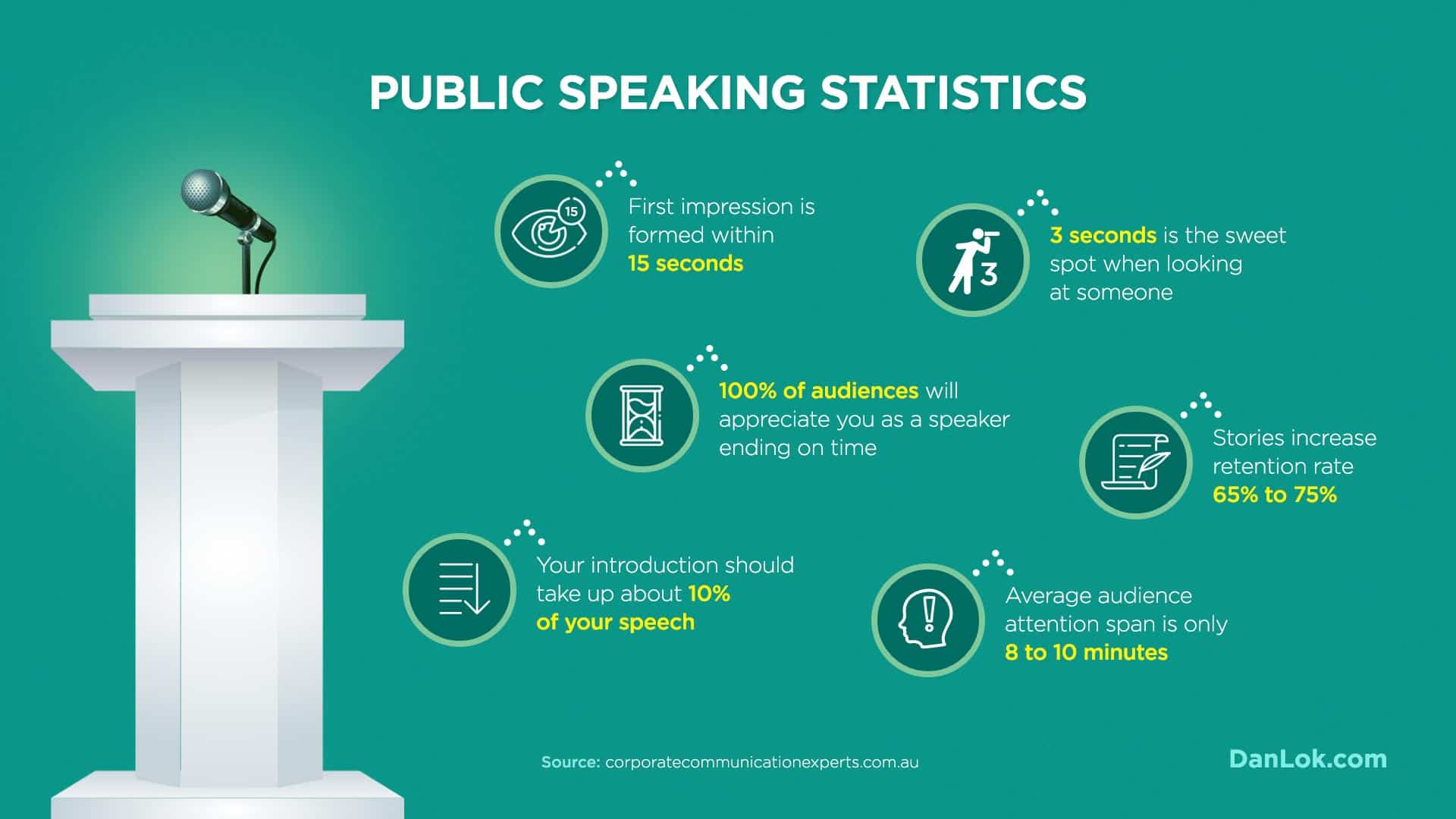One of the most profitable and effective business models is a high ticket business system.
The problem is that most business owners believe that low ticket is the way to go. They don’t understand how high ticket business systems work. When they run into the inevitable obstacles that hinder business growth, only then do they realize they made the wrong decision.
The Biggest Problem With Low Ticket Business Systems
Low ticket business systems focus on high volume and low prices. This is the most common type of system used in business and is driven by price. Low ticket business systems cater to the ‘discount’ shoppers, that value price over quality and features.

The problem is that this kind of system is very saturated. Because their target audience caters to people who are most concerned with price, businesses use this motivation to steal customers from their competitors by pricing their products lower. This is why you sometimes see price wars between two businesses that sell similar products – constantly offering sales, discounts and BUY ONE GET ONE FREE special offers, because they are forced to do so in order to stay relevant to what everyone else is offering.
Low ticket business systems often have a lot of competition and many even go on to fail. The last one left standing is the business that can afford to price their products lower than everyone else, and must constantly be on the lookout for any competitors looking to offer their products at an even cheaper price.
Low ticket business systems win by pricing themselves cheaper than everyone else. Share on XAn In-Depth Look At High Ticket Business Systems
Low ticket business systems focus on high volume and low prices, whereas high ticket business systems do the exact opposite. Instead of having price wars every month with their competitors, high ticket business systems focus on branding, positioning, quality and expanding their following.

High ticket business systems sacrifice volume for higher prices. While high ticket business systems may sell less products, their higher costs make up for the difference in volume and allow them to stay relevant to their competitors. Their target audience leans towards more affluent and wealthy customers, who are less concerned with getting the best deal and more concerned with quality and wearing something that is reputable and famous.
Low vs. High Ticket – Who Wins?
At a glance it may seem that low and high ticket are equally matched. One systems sells more volume at lower prices, and the other at low volume and high prices. The differences in revenue should be roughly equal.
However, when you compare a low ticket to a high ticket business system, the difference is shocking. Take Walmart for example – they use a low ticket business system and can be found all over the world, focusing on delivering the lowest price possible to their consumers. Their net worth: $514.405 billion.
Compare this to a company like Apple which uses a high ticket business system. Their branding and focus on producing innovative, top of the line products has made them famous international. Many of their products are over $500 and their net worth: $1 trillion.
Apple uses a high ticket business system, and has a net worth almost double of that of Walmart. This is because there is more going on behind the scenes than just price, sales and revenue.

Why I Believe In High Ticket Business Systems
I personally believe Apple has a much greater net worth than Walmart due to their business system.
The major benefit of having a high ticket business system is that you are able to sell less volume. In order for Walmart to generate $1,000 in revenue, they would need to sell $10 worth of items 100 times. For Apple, they simply need to sell one iPhone 11 to generate that same kind of revenue.
High ticket business systems require less sales to be made but generate the same revenue as a low ticket business system. Share on XThe other benefit of a high ticket business system, is that you are not influenced by the competition. As I mentioned earlier, low ticket business systems are constantly at war with one another when it comes to price. They are constantly forced to lower their prices and offer discounts, to cater to their audience and beat the competition.
However, high ticket business systems do not have to worry about price. Customers expect to pay those prices in order to obtain quality. A few dollars worth of discounts from a rival technology company, will not influence anyone in an Apple store line up to give up their spot on the launch day of the newest iPhone.

The Long Term Benefits Of A High Ticket Business System
Starting a business with a high ticket business system allows you to position yourself on a better level. High ticket systems allows you to maintain your prices or increase them without customer backlash as economic times change.
High ticket items rely on less volume of sales and more on what item is being bought. By doing so, they can reduce overhead expenses. That is why you see jewelry stores with small shops still operating even after many years. Their focus on selling high ticket items means they don’t need a large store size in order to operate. Whereas low ticket systems like a grocery store requires much more space.
The ability to be flexible with your price, expenses, target audience, and business location is invaluable in business. You are not restricted by any external factors, and have the freedom to run your business the way you want.
HTC Platinum – The Closing Methodology For High Ticket Items
Because high ticket items target a different kind of customer, a different approach when it comes to sales is required. Where aggressive and pushy sales tactics would be involved when it comes to selling low ticket items, influence and persuasion is used with high ticket items.

The key to selling high ticket items, is being able to lead the customer to a close. Most often the customer is already ready to buy, and is simply looking for reassurance about their decision. They need someone who knows how to ask deep questions, reinforce their desires, and lead them to the sale. The kind of personality and mindset necessary to succeed in high ticket sales is a high ticket closer.
HTC Platinum teaches entrepreneurs how to become high ticket closers and master the B2B sales processes. Applicants also learn inbound and outbound techniques, advanced business acumen, and connects them to the highest caliber coaches that will raise their performance in both life and business. What they develop is the same skill sets that the “elite” learn to become high performers. They receive a holistic, synergistic, and foundational training to become a well-rounded person, leader, salesperson, business owner and closer.
High Ticket Closing Is Only For The Elite
However, not everyone is cut out to be a high ticket closer. Just as some businesses opt to use a low ticket business system because there is a lower barrier to entry, high ticket closing is reserved for people who are able to tolerate a higher degree of failure.
The true nature of life is that only a few people will become successful. Only those that are absolutely committed to achieving success in their life and business, and are willing to do anything it takes to get there will make it happen. If you are someone who does not invest in themselves but buys luxury items without hesitation, believes that you should succeed because you “paid” for it, or does not have the resolve to endure failure, high ticket closing is not a good fit.
However, if you are someone who knows success is a result of hard work, who knows the value of investing in their own skills and has an unshakable drive to make your dream lifestyle a reality, you just might be able to become a high ticket closer. For those that are looking to use their newfound skills to secure deals and business agreements to set themselves up for life, HTC Platinum provides a community of high performers who can help you get there.
Become A High Ticket Closer Today
A high ticket business system focuses on low volume and higher priced items. They cater to more affluent and wealthy customers, and have much more leeway when it comes to doing business. By focusing on quality over quantity, businesses can use superior positioning and branding to maintain their prices even during times of economic change without lowering the values that govern their business.
If you are interested in learning how to become a high ticket closer, to learn how the high ticket sales process works and how you can transform your life into that of a high ticker closer that uses their skills and status to become successful, click here to watch the video.











